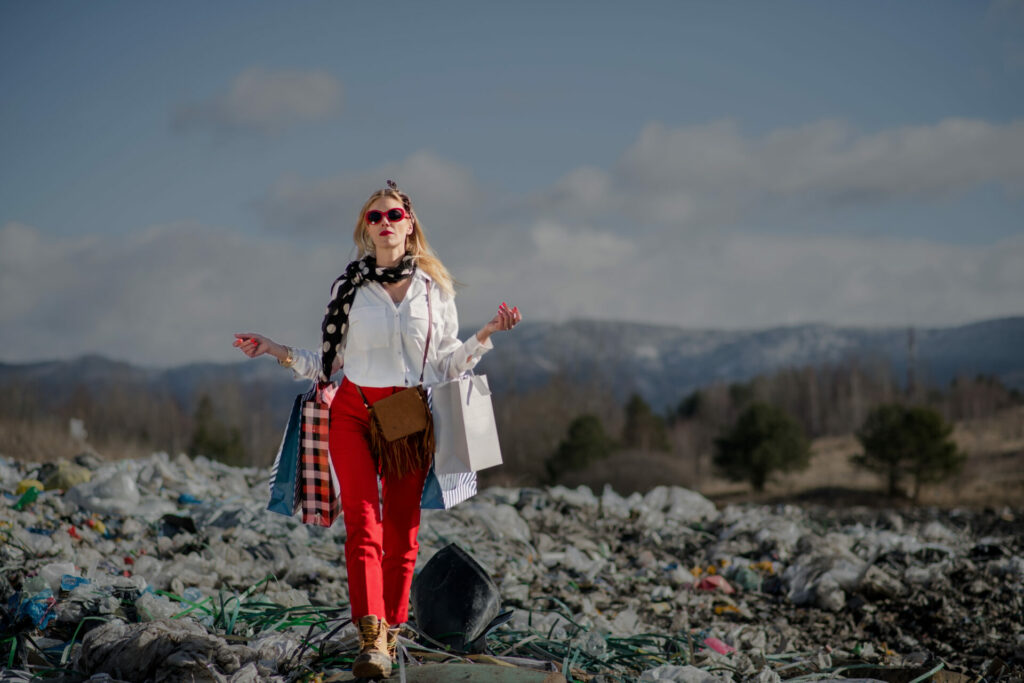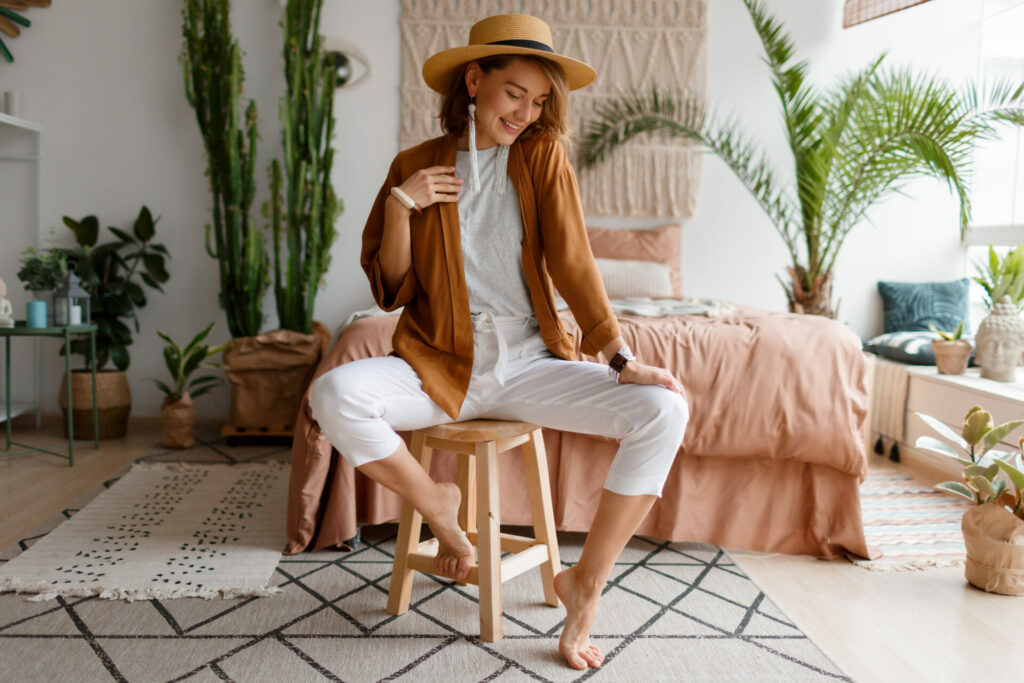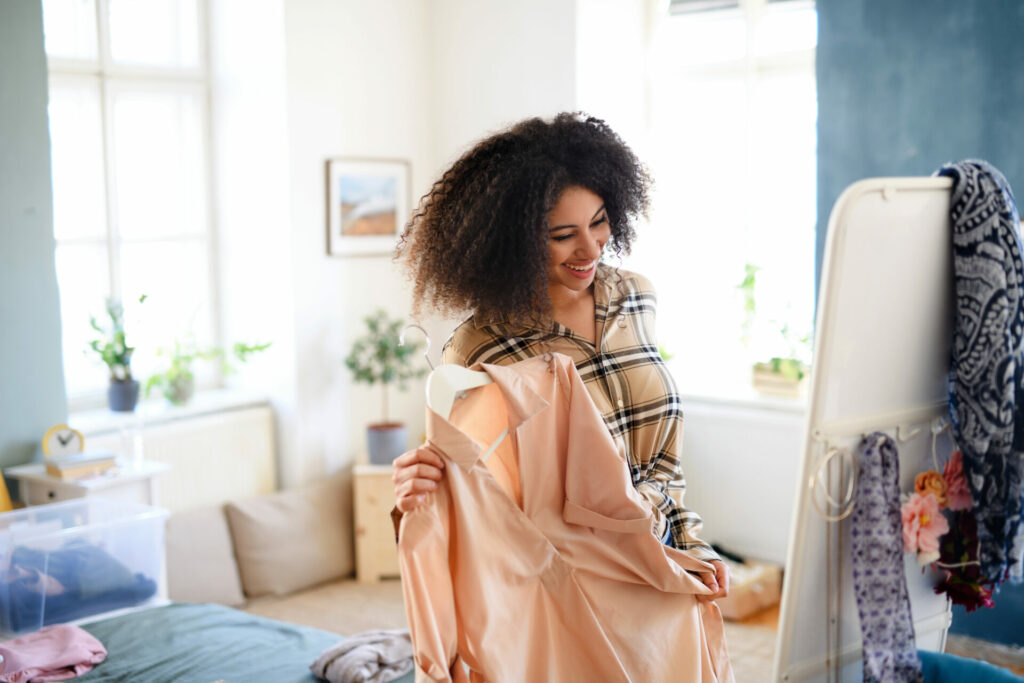For every gardener in the UAE, the summer sun is a red flag. No plant lover likes to see their plants wither and die, which can often be the case when searing summer strikes. But the bright side to this seasonal stress is that it is possible to mould your gardening routine to save your plants this summer.
We spoke to some of the lead gardening experts and enthusiasts in the UAE to get the best advice for your gardening needs this season.
Give Them Some Shade
Protect your plants from the humidity and harsh rays of the sun by either placing a canopy, sun umbrella or simply a cloth in the area, where plants are kept or move them to a shaded area of your garden. ‘Pots in general are better off being moved to a shaded or semi-shaded area in the summer months,’ suggests Kamelia Zaal, MD and Lead Designer of Kamelia Landscape Design, Dubai. Better still, while setting your garden, research where to place plants in advance – in full sun, semi shade or shade.
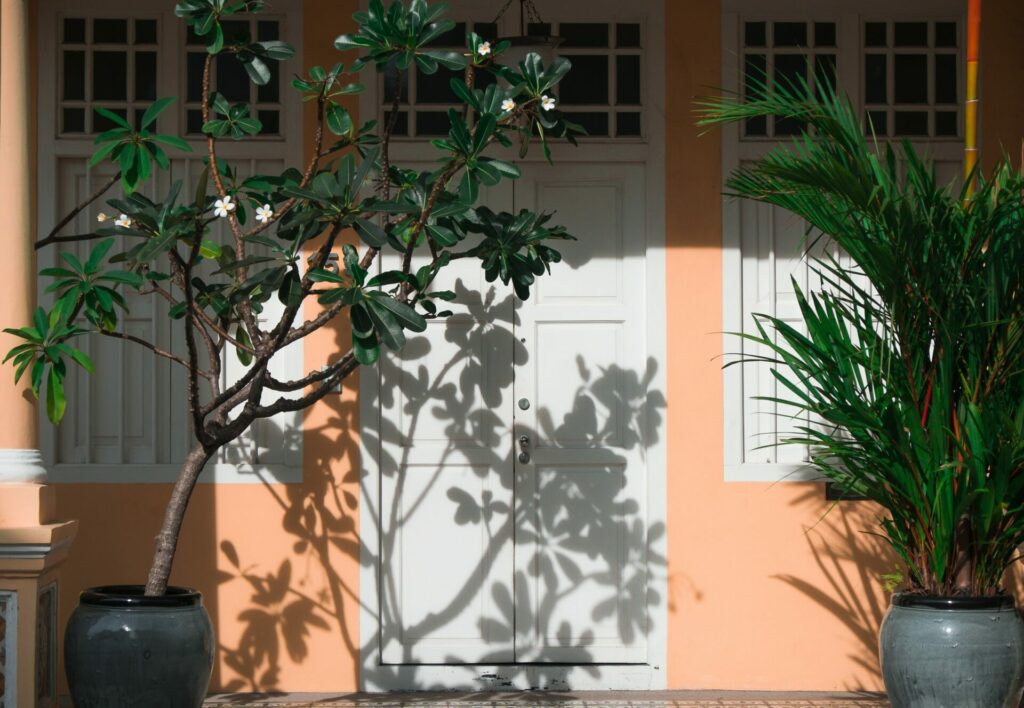
Yet another tip, Zaal shares, is to raise the pots off the ground with a brick or two, to help them get better air circulation. ‘Hard landscaping tiles generate heat and that in turn, reaches the plant and cooks the root,’ she reveals.
The Water Quotient
In the summer, as the rate of evaporation rises, it is advisable to water your plants early in the morning or late in the evening (before 7 am and after 9 pm). Ideally water twice a day, but experts warn that watering frequency will depend on your garden. ‘All gardens are unique, so observe your plants and pots and they will tell you how often they need water,’ says Harly Sabater, an avid gardener, with over 300 plants in his Abu Dhabi villa.
One of the safest ways to know if your plants need water is to insert your finger into the soil. If it comes out wet and soggy, that means there is enough water, but if its dry, then go grab the watering can. Too much or too little watering can also harm your plants. For a large garden, get an irrigation system in place. Invest in pots, preferably earthen ones, with apt drainage systems, that would allow water to seep out preventing rotting of roots.
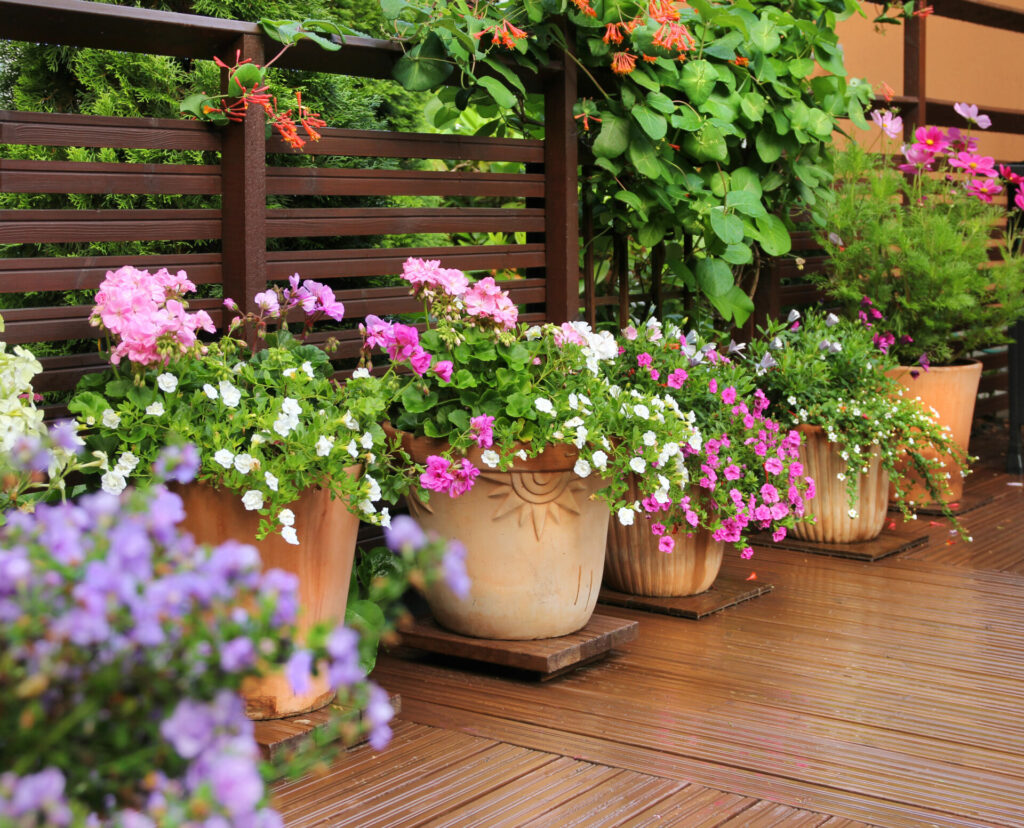
Discoloration of leaves is yet another indicator of watering or overwatering and sun stress. ‘Look out for leaves that look pale or have brown and yellow patches. Leaves and flowers dropping off from the plant are also warning signs of extreme heat,’ cautions Varsha Jayesh, an ardent indoor gardener, based in Dubai.
Avoid Planting this Season
All planting should stop by May, as summer is not the right time to plant a garden. ‘I would say, if you are a compassionate gardener and care about plant mortality, then start as early as September or October. That way your plants will get good eight months to adapt from the nursery environment to your home garden,’ shares Prity Bhattacharya, gardening enthusiast, who runs Plants Club, UAE, a Facebook group. Plants need time to get acclimatized to the summer and the soil condition, which is why it’s not advisable to even repot them this season.
Go for Indigenous Varieties
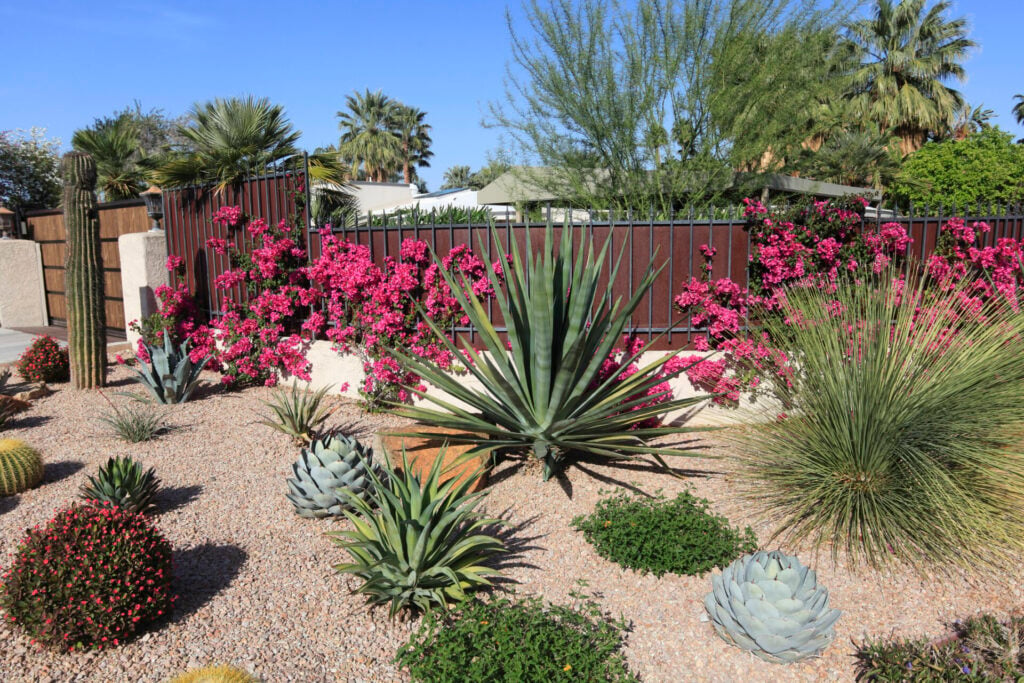
Plants that are intrinsic to the desert landscape find it easier to withstand the hot months. Bougainvillea, Hibiscus, Frangipani, Desert Rose, Aloe Vera, Jasmine and all types of cactuses are local plants that can bloom in your garden even in the summer. Yet another trick is to keep your potted plans together to create a healthy micro climate. ‘Plants also communicate and like being together. This also helps them to cope with the weather,’ says Bhattacharya.
Organic Fertilisers
Besides taking care of watering needs and providing shade to your plants, you can help them survive the summer by enriching them with sustainable organic fertilisers. Liquid fertilisers and cow manure work best for Bhattacharya’s garden in the summer. ‘Using an organic fertiliser will bring in the bees and the butterflies and the good bacteria essential for your plant growth,’ she adds.
Liquid fertilisers infused with seaweed extracts are also great nutrient boosters in the summer months. Seaweed contains about 70 types of minerals including calcium, potassium, phosphorus, magnesium and iron that are naturally growth stimulants for plants.
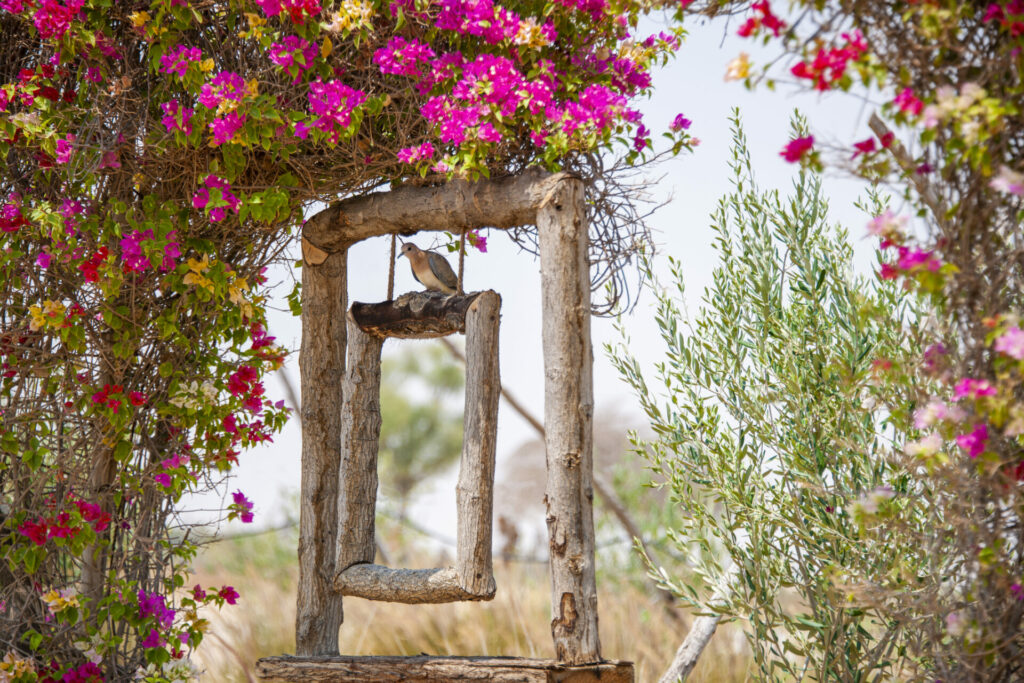
The summer season also brings with its share of pests that threaten your garden’s existence. Mealy bugs, caterpillars, ants, vine weevils and aphids are some of the common pests found in the UAE. Over the years, Jayesh has found a perfect homemade formula to counter the pests in her garden. She mixes neem oil with few drops of either dish washing liquid or a shampoo to spray on her plants, twice a month.
Your Potting Mix Matters
High quality soil is the key to your plant’s survival. Your soil mix will protect your plants from fluctuating temperatures, loss of nutrients and pathogens. Sabater’s potting mix includes perlite, coco-peat, orchid bark and peat moss. A potting mix works better than top soil as it is lighter and provides extra aeration. When plants and vegetables are able to improve their water holding capacity, it protects them from drying out.








